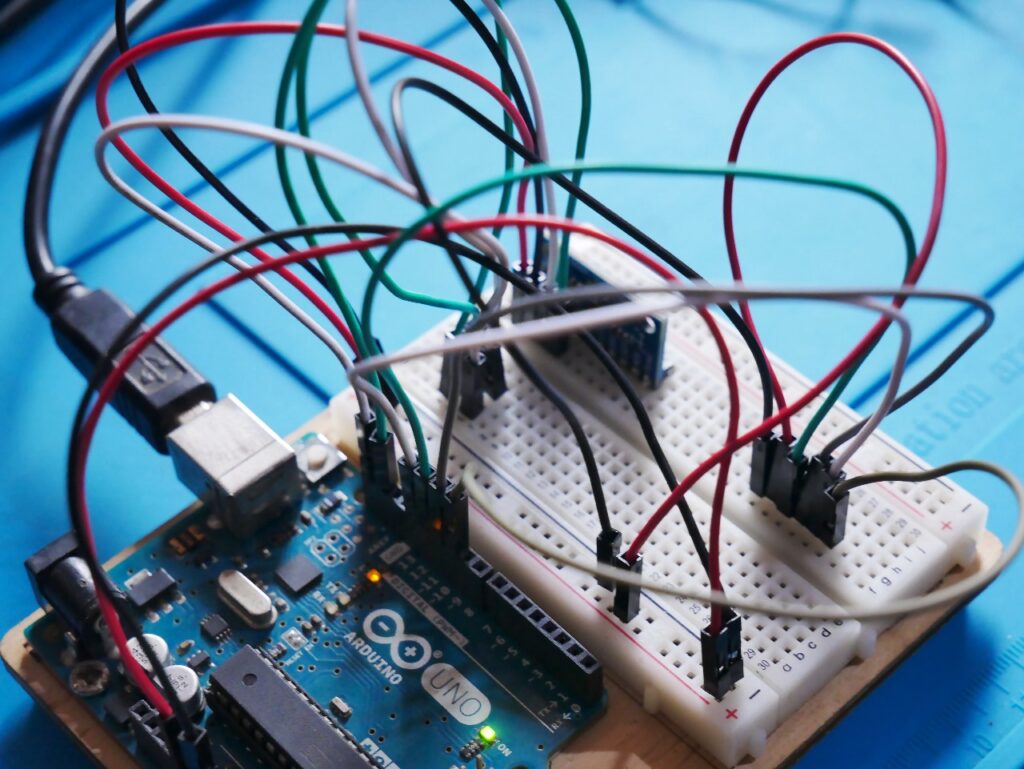
1. Develops creativity and critical thinking – DIY electronics encourages students to think outside the box as they create their own inventions from scratch.
2. Improves problem-solving skills – Working with circuits helps students develop real-time analytical skills by evaluating problems, testing solutions and implementing a plan of action in order to successfully complete the task at hand.
3. Enhances research abilities – Students must use their knowledge of electrical conductors, transistors, diodes etc., along with other engineering principles while working on complex projects related to electronic components such as GPS tracking devices or autonomous robots which requires extensive research into available possibilities before executing a design concept .
4. Understanding robotics become fun & easy for them – In addition to helping students learn about basic electricity as well as more complex topics like micro controllers & sensors installation can also help teach kids how robotic systems work in the real world giving practical application based experience so that it is not just learning theoretically but practically using hands-on experimentation methodologies
5 Encourages collaboration among peers– By becoming actively involved in student lead activities Crabs could form an interdependent peer group within same age group where all engage selectively through collective discussion thereby developing team building exercises
